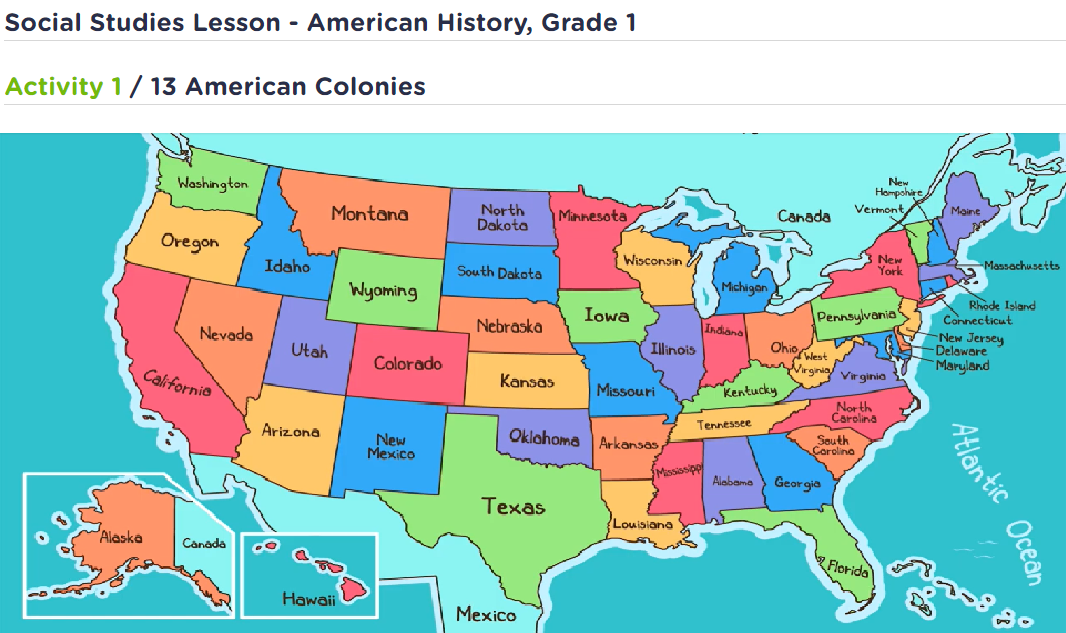Sentence completion Worksheets for Ages 6-9
5 filtered results
-
From - To
Discover our engaging Sentence Completion Worksheets for Ages 6-9, designed to boost your child's language and critical thinking skills. Packed with interactive activities, these worksheets offer a creative approach to helping young learners master sentence structure, expand their vocabulary, and improve their reading comprehension. Each carefully crafted exercise aims to build confidence and encourage independent learning, making grammar fun and accessible. Perfect for classroom use or at-home practice, our printable worksheets are your go-to resource for supporting your child’s educational journey!
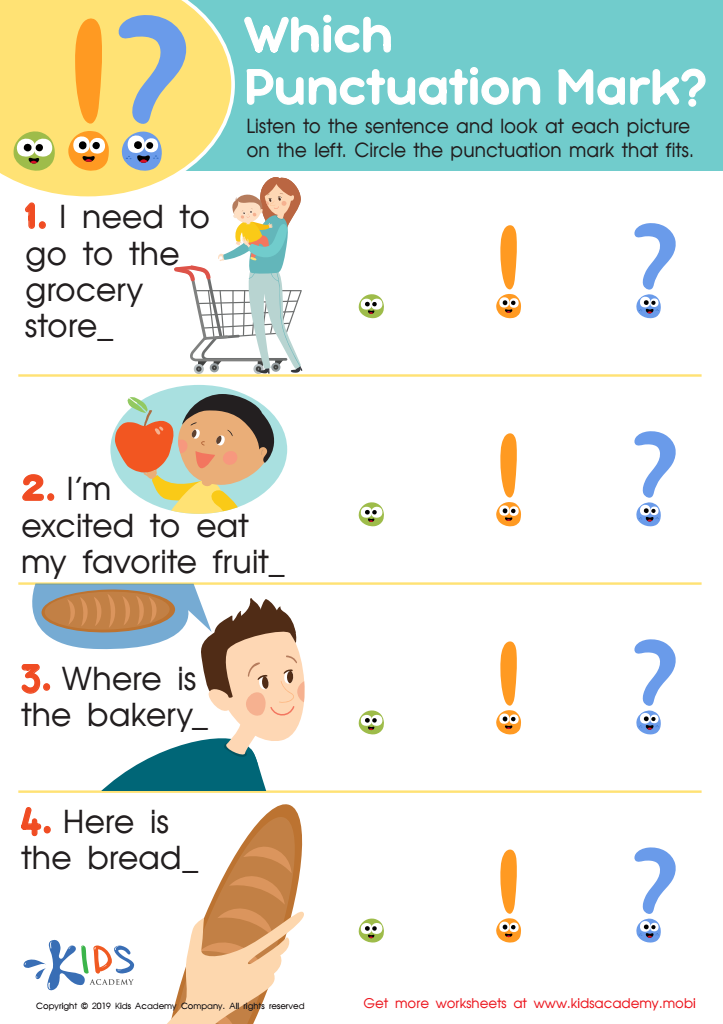

Which Punctuation Mark Worksheet
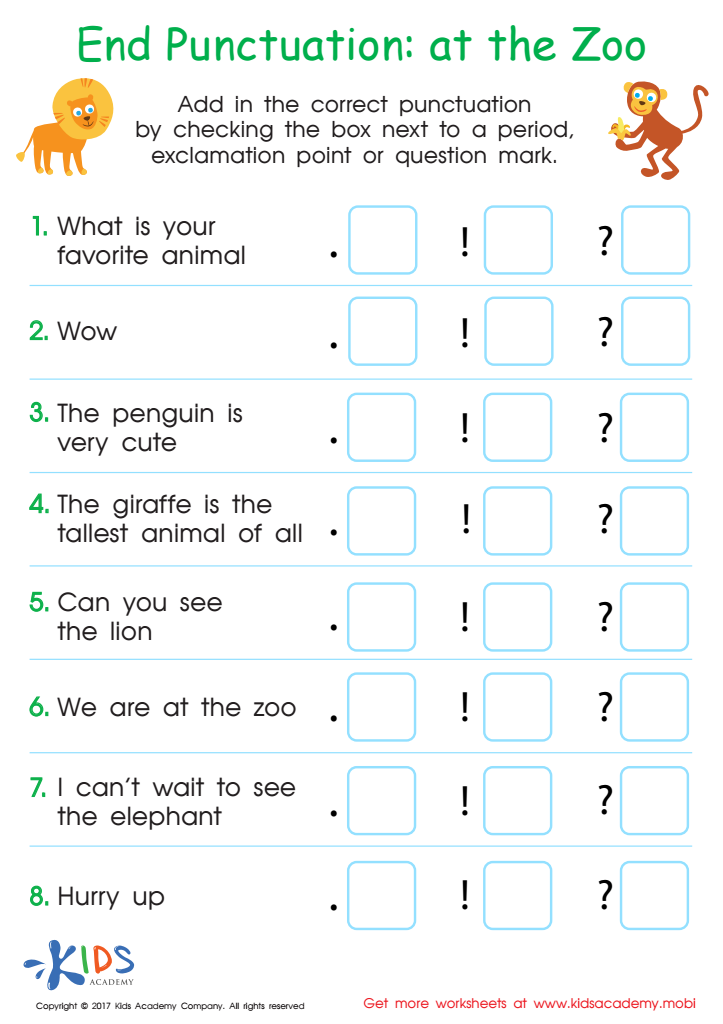

End Punctuation: At the Zoo Worksheet
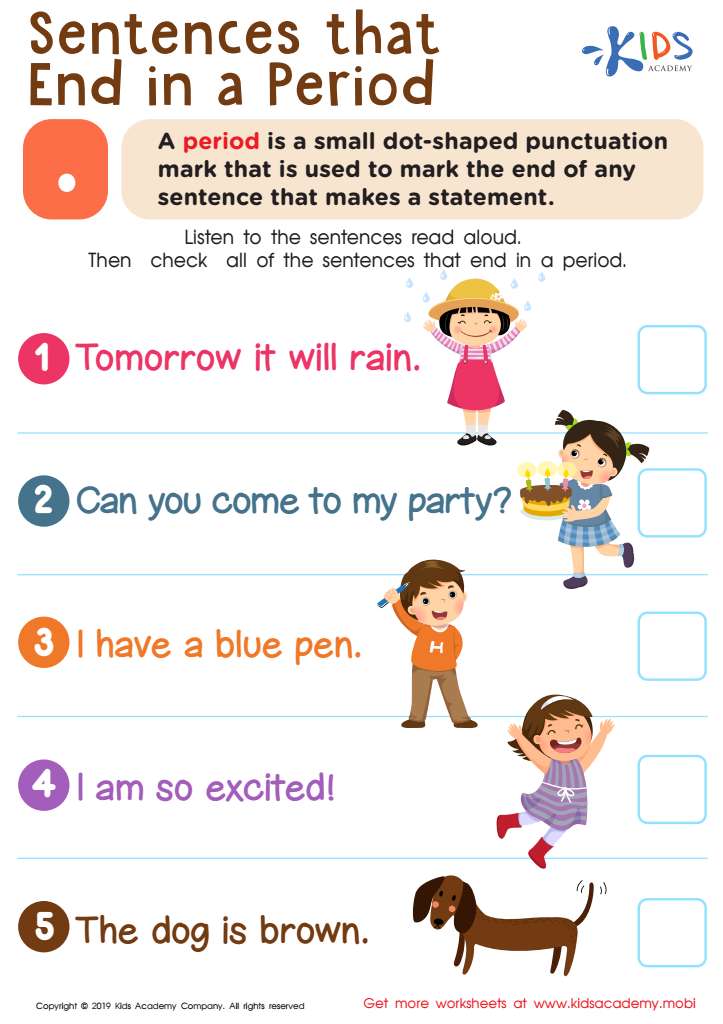

Sentences That End in a Period Worksheet
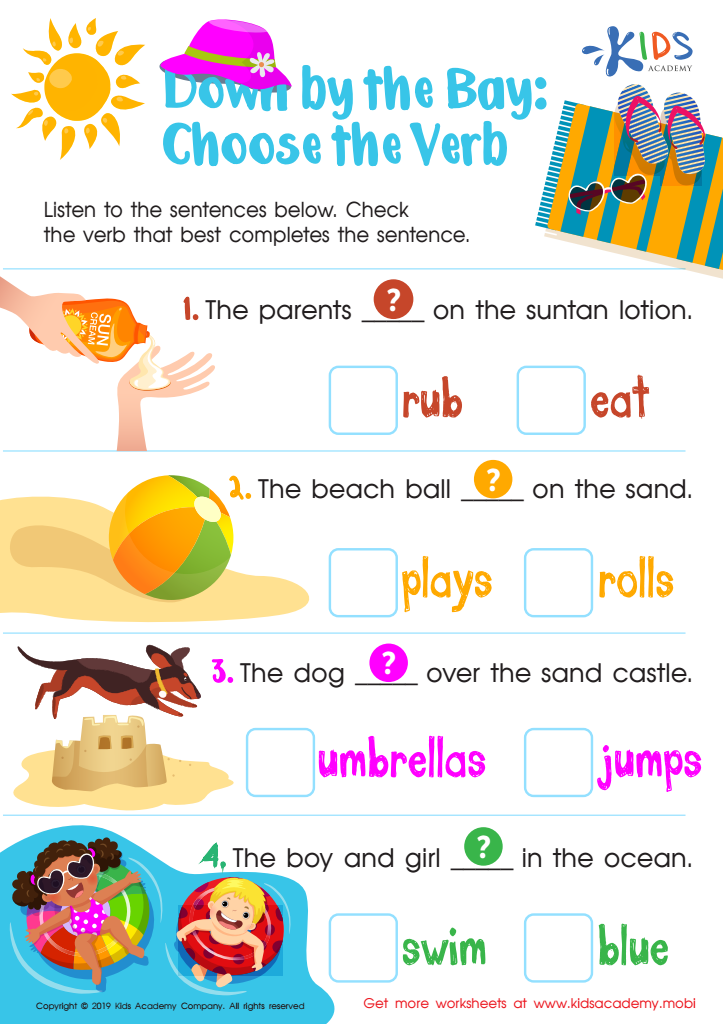

Down by the Bay: Choose the Verb Worksheet
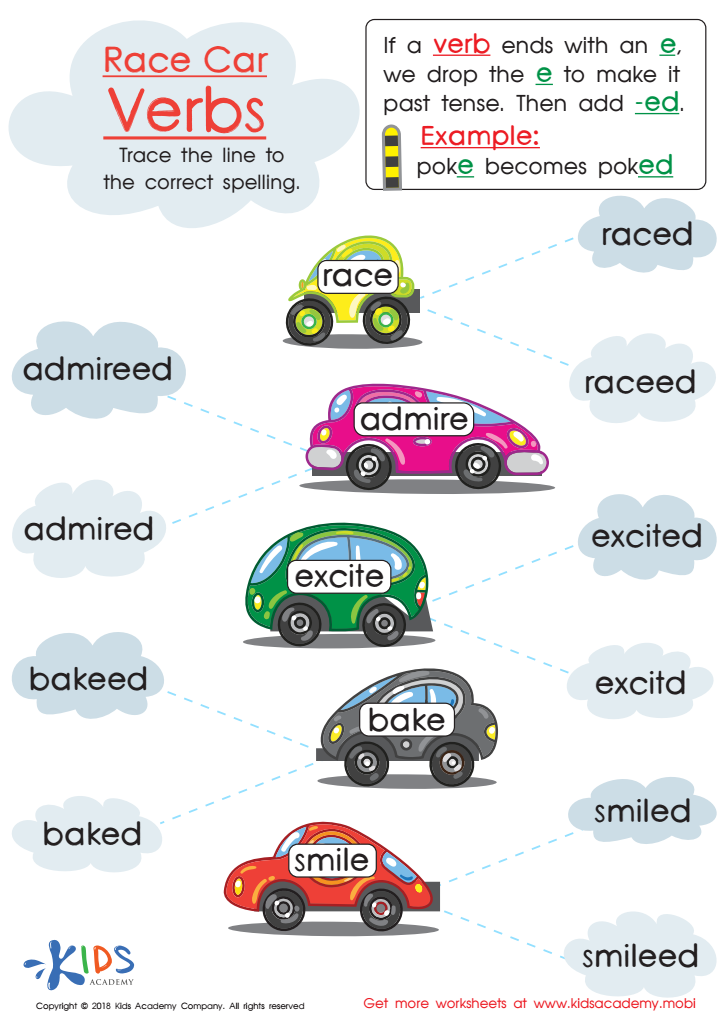

Race Car Verbs Worksheet
Sentence completion exercises are invaluable tools in the development of language and cognitive skills for children aged 6-9. At this stage, kids are transitioning from simple language use to more complex sentence structures, vocabularies, and ideas. Parents and teachers should especially care about these exercises for multiple reasons.
First, sentence completion helps strengthen grammar and syntax skills as children learn how words fit together to form coherent sentences. This solid grammatical foundation is crucial for both written and spoken communication. Second, it enhances vocabulary as children come across new words and are encouraged to think of synonyms and antonyms, expanding their verbal repertoire.
Moreover, these activities promote critical thinking and creativity. When children figure out how to complete a sentence meaningfully, they engage in a thought process that enhances their problem-solving skills and imagination. Sentence completion also offers a safe space for emotional expression. For instance, prompts like "I feel happy when..." can reveal a child's thoughts and feelings, providing adults with insights into their emotional well-being.
Lastly, mastering this skill boosts confidence. Kids feel accomplished when they successfully complete sentences, which further encourages their engagement in more complex literary tasks. Overall, sentence completion exercises are essential for nurturing well-rounded, articulate, and emotionally intelligent young minds.
 Assign to My Students
Assign to My Students






